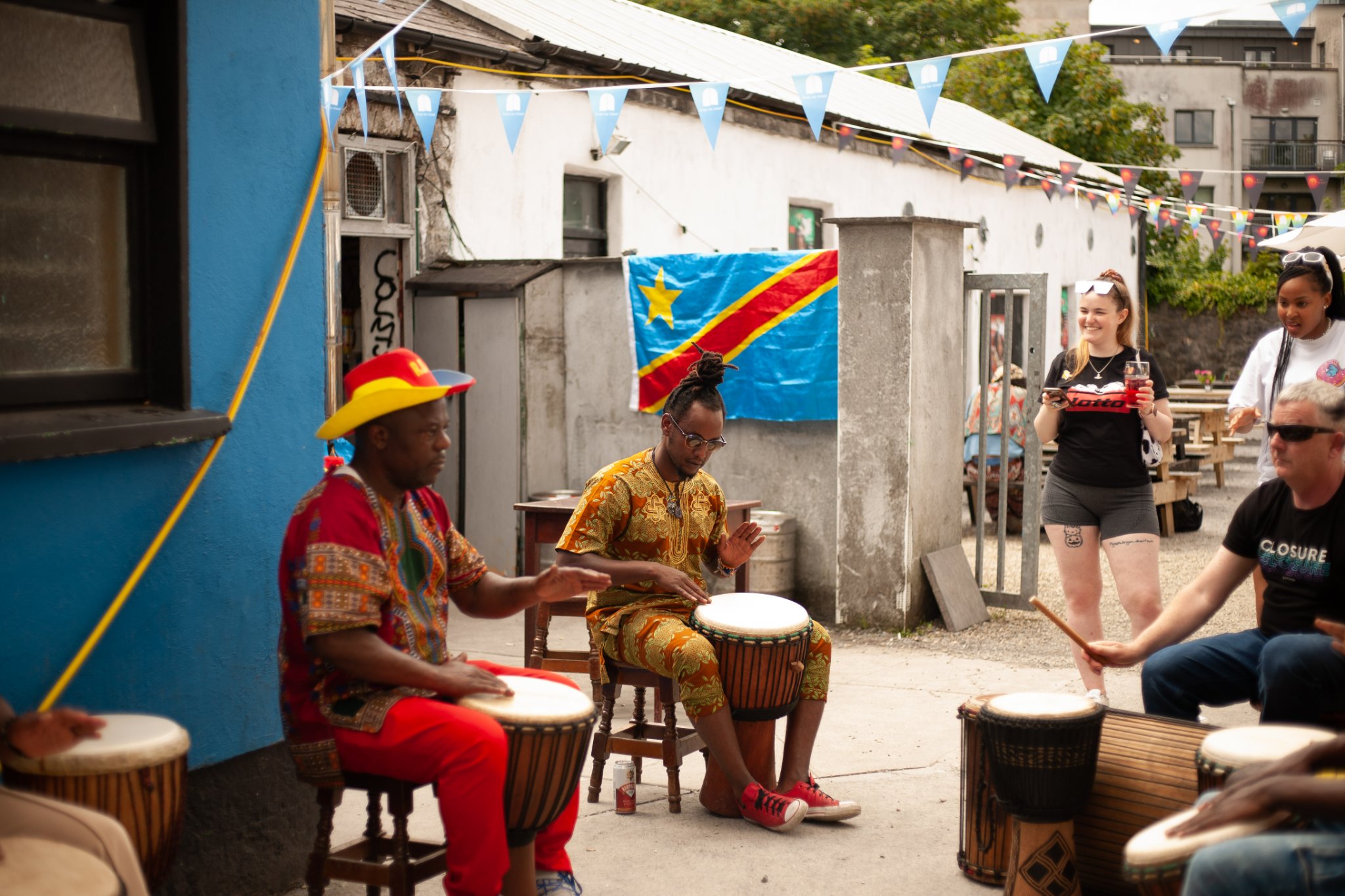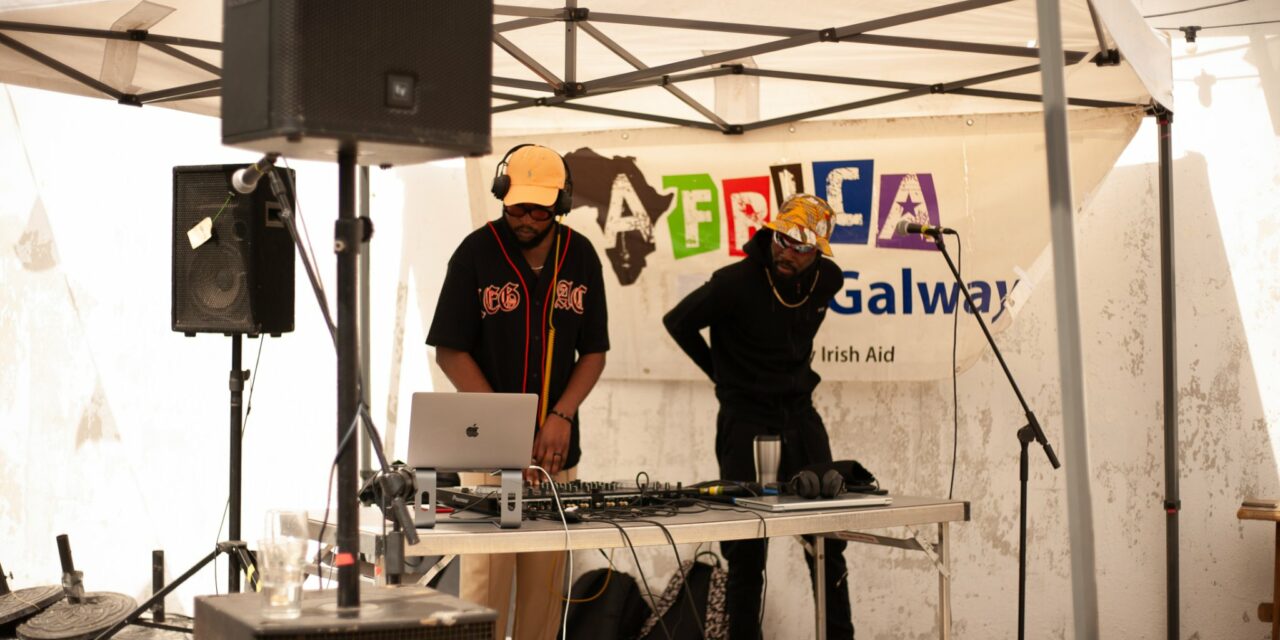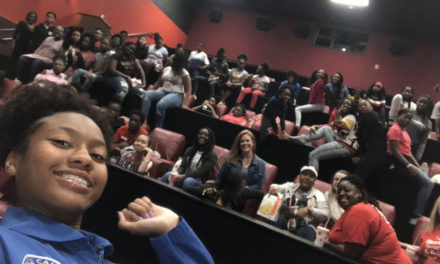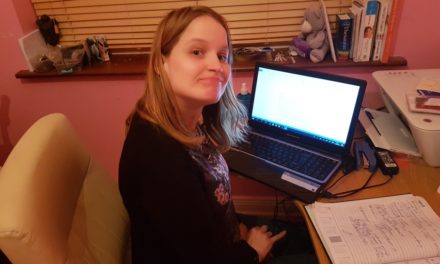“I was abused verbally and physically by my landlord in Galway. He threatened to cut my head off and send me ‘on a slow boat back to the Congo’,” said Wally Nkikita from The Galway African Diaspora, urging others to tell their stories of racism and discrimination.
He was speaking as a member of the newly-formed Galway Communities Against Racism and Discrimination (GCARD) network. It held a rally on March 25 to mark UN International Day for the Elimination of Racial Discrimination, and, more recently, it stood in solidarity with people seeking international protection in Galway.
In May, over 150 people were relocated from an emergency direct provision centre in the Travelodge Hotel, Galway city, with only days’ notice of the move. “It tore apart their plans and lives built in the city. This kind of treatment is unacceptable and inhumane,” said GCARD.
GCARD was joined by Galway City Community Network in calling on the Government “to live up to its responsibility to keep people seeking International Protection safe”.
Nora Corcoran is the co-ordinator of the Galway Traveller Movement Traveller Homes Now Campaign. Speaking for the group, she said: “It was a horrendous scenario – so many people uprooted without consultation. Vulnerable residents who had only recently managed to gain confidence to engage with services were relocated to areas with limited services. There needs to be a better, more transparent communication system.”
The founding groups of the new network include: Galway City Partnership, Galway City Community Network, Galway Traveller Movement, Galway Council of Trade Unions, Galway Anti-Racism Network, Amach! LGBTI+ Galway, University of Sanctuary Galway, Community
Knowledge Initiative, and the University of Galway.

– Members of Galway’s African diaspora attending their Afrika Abú event last summer
Speaking at the launch, in March, Islammiyah Saudique Kadejo, CEO of Galway-based Gocom Radio, Ireland’s first ethnic minority interest community radio station, said, “We all need to understand that implicit bias can form the bedrock of racism so it needs to be named. Anti racism training needs to be mandatory in all workplaces.”
Nora echoed his views: “It is not up to the groups who experience the racism and discrimination to come up with the solutions, but it is up to the majority population to ensure that racism and discrimination is eradicated. Institutional racism and discrimination must end.”
Also speaking for GCARD, Imelda Gormally, a community development worker with Galway City Partnership, called “for an end to discourse that is based on a racist, sexist, regressive narrative that is targeting migrant/ refugee communities and hindering the attainment of rights and inclusion for minority communities such as the LGBTI+ communities.”
She added, “The group is further concerned about the take-up of these views in the general community given the long-standing experience of racism by the Traveller community…This narrative is hijacking underlying inequalities… based on failed government policies.”
Instead of sowing discord, solidarity is required. GCARD wants the State to invest in addressing racism and discrimination, saying, “This needs to start with naming a housing/accommodation crisis.”
National Plan
The group welcomed the Government’s launch, in March, of the National Action Plan Against Racism. GCARD wants socio-economic status added as a tenth protected ground for discrimination, adding to the nine existing protected grounds, namely age, disability, family status, gender, marital status, membership of the Traveller community, race, religion and sexual orientation.
The network is interested in hearing from similar networks that may have been established in other parts of the country. Call Imelda Gormally on 091-768305 or email imelda@gcp.ie.





